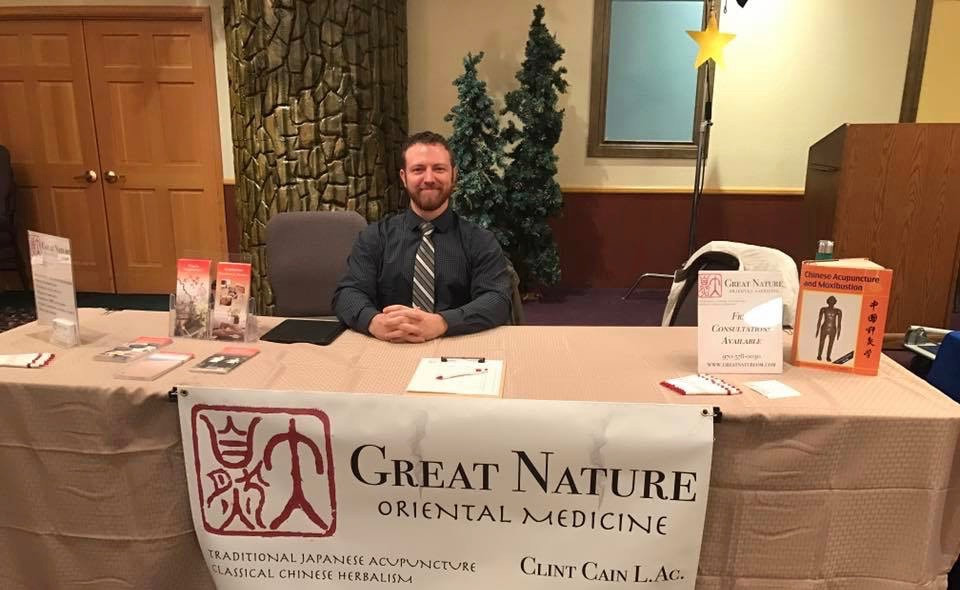|
"How many treatments will I need?"
This question comes up again and again. It is understandable that folks would like to know exactly what they are in for, considering that free time and finances can be scarce. Acupuncture and Chinese herbal medicine are not magic bullets. There are no secret formulas or acupuncture points for your illness. Some dedication is required at first, but the effects of treatment are often long-lasting and deep. Generally speaking, most chronic or recurring conditions will require a longer series of treatment than those that are acute in nature. While it is absolutely true that each person's condition is unique, and will therefore require a unique treatment strategy and treatment plan, there is a certain level of commitment that all patients will be asked to follow to the best of their ability. In this blog I will attempt to describe this process as best that I can. I will discuss the necessary treatment frequency for all patients, especially ones that are new or that are looking for relief from a specific condition; and the stages of care, which is an adapted version of a commonly-used model in the healthcare industry. On average, patients will see some improvement in their condition after five or six weekly treatments. This does not mean that all symptoms will be gone completely, but they may be less severe, you will have more good days than bad, and whenever bad days do creep up they will be managed from a clearer perspective. Whenever you receive treatment as often as possible at first, the practitioner can more effectively and efficiently decide upon a treatment strategy suitable to you current state of health, making only slight adjustments to the last treatment if needed. Also, patients are better able to recall any differences they've noticed since the last session, which may be subtle. The standard, so to speak, that the vast majority of us are taught in Oriental Medicine school, is a treatment frequency of once per week. This is what virtually all practitioners in the U.S. suggest to their patients. There are a whole host of reasons for this, with the most obvious and troublesome being the overall public image of Chinese Medicine in this country. Oriental Medicine, which includes acupuncture, Chinese herbal medicine, etc., is often referred to as "complementary" or "alternative" medicine, which suggests that it is to be used alongside of (oftentimes at a very minimal frequency) conventional Western medicine, or even as a last resort when nothing else seems to be helping a person's condition. It should be noted that once weekly acupuncture sessions do in fact work for a lot of people. I've known patients who only come in once per month in order to maintain their level of well-being. This is not the norm though, and these patients have often been getting acupuncture treatments and/or taking herbal formulas for many years. Most patients will experience positive changes after any treatment, but when done only once weekly, and especially with chronic conditions, the relief may only last one or two days. When starting a course of treatment, especially for chronic conditions, it is unusual (but not impossible) for a single session to offer complete healing. This is a functional medicine, designed to help your body and mind rediscover a more efficient and harmonious way of operating. Asking the body-mind to reorganize itself in the direction towards healing, and to get it to move in that direction regularly and on its own, requires consistent and frequent treatments at first. There are way too many variables involved in the perpetuation of one's condition for a single treatment to heal the person 100%. These variables include, but are not limited to: emotional health; job-related factors, including physical and mental stress; dietary choices; etc. In China, acupuncture is administered daily for 5-10 days in a row, followed by a break of two or three days, and then another course of daily treatment for 5-10 more days. Acupuncture is only given once per week as a follow-up to these more concentrated and successful courses of treatment. Now, most U.S. patients may think that is excessive and not possible, but please consider the following:
Now, let's discuss how treatment plans look at Great Nature Oriental Medicine. A plan is divided into three stages, outlined below:
Each case is unique and will require a treatment plan that is suitable to the patient's particular health issues, availability, and means. Since treatments at Great Nature Oriental Medicine often consist of both acupuncture and herbal medicine, your particular treatment schedule may differ slightly from what is outlined above. Herbal formulas are often given for one or two weeks at a time before a reassessment occurs. However, you will likely still need to receive acupuncture treatments as often as possible at first. Ultimately, consistency is the most important point to keep in mind. It is important to remember that during each treatment your acupuncturist is giving you the best of their medicine that they can, but this is only one half of the healing relationship. The patient has a responsibility to engage their mind and to make the decision to meet their practitioner half way. This means being flexible and compliant with regards to dietary, lifestyle, exercise, or other recommendations that may be given. I hope this information has been helpful to you in some way. Please contact me for more information by calling (618) 694-5189.
0 Comments
|
This page is intended to serve as a source for links to blogs and articles about acupuncture and Chinese herbal medicine that both new and returning patients may find informative and/or entertaining. It is also where I will share information about the history, principles, and benefits of this awesome medicine. Archives
May 2023
|


 RSS Feed
RSS Feed